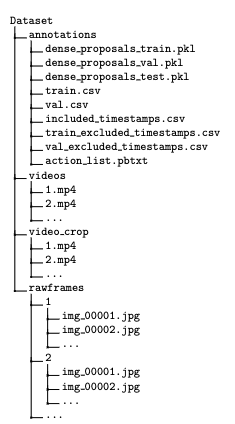这是代码:
class Person {
}
func lastNameForPerson(person: Person,caseFolding: ((String)->(String))? = nil) -> String {
if let folder = caseFolding {
return folder("Smith")
}
return "Smith"
}
print(lastNameForPerson(Person())) // Prints "Smith"
print(lastNameForPerson(Person()) {$0.uppercaseString}) // Prints "SMITH"
if "SMITH" == lastNameForPerson(Person()) {$0.uppercaseString} {
print("It's bob")
}
期待得到“它的鲍勃”.但反而得到了错误:
Consecutive statements must be separated by a new line
你必须在函数调用周围加上括号:
if "SMITH" == (lastNameForPerson(Person()) {$0.uppercaseString}) {
print("It's bob")
}
或者你以C风格的方式将它们放在==比较(在if条件周围):
if ("SMITH" == lastNameForPerson(Person()) {$0.uppercaseString}) {
print("It's bob")
}
或者,您可以在参数列表中移动闭包(尽管这需要您明确命名参数):
if "SMITH" == lastNameForPerson(Person(),caseFolding: {$0.uppercaseString}) {
print("It's bob")
}
出现此问题的原因是if语句’声明'{}块,即它不再属于lastNameForPerson调用.对于编译器,第二个代码块现在看起来像是一个与前一个(if)语句没有正确分开的普通块.
你应该考虑避免使用这样的结构,因为它可能很难阅读(起初).相反,您可以将函数调用的结果存储在变量中,并将其进行比较:
let lastName = lastNameForPerson(Person()) {$0.uppercaseString}
if "SMITH" == lastName {
print("It's bob")
}






